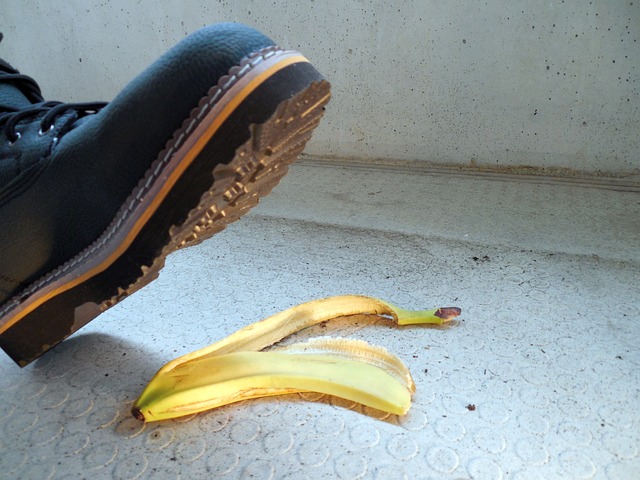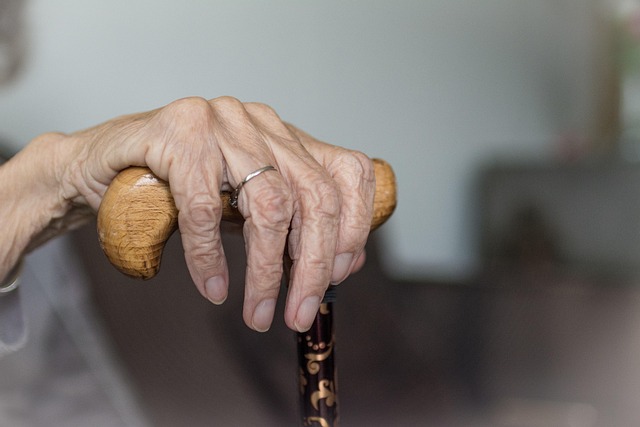Dementia impacts daily life and independence in the elderly, highlighting the growing need for Elderly Companion Services. These services offer personalized care, assistance with tasks, and companionship, addressing loneliness and isolation—common challenges for dementia patients. By providing tailored support, these services enable seniors to maintain their independence and improve quality of life, offering peace of mind for patients and families alike. They include various resources like companion services, support groups, memory care facilities, and home healthcare agencies, collectively enhancing care and respite.
Dementia, a complex and progressive neurological disorder, affects millions worldwide, particularly the elderly. Understanding its impact is crucial in providing adequate support. This article explores the vital role of elderly companion services in dementia care, offering companionship and assistance tailored to individuals’ needs. We also uncover available resources for people living with dementia and their caregivers, emphasizing the importance of access to information and support networks. By delving into these aspects, we aim to highlight effective strategies for enhancing the quality of life for those navigating this challenging condition.
- Understanding Dementia and its Impact on Elderly Individuals
- The Role of Elderly Companion Services in Dementia Care
- Available Support Resources for People Living with Dementia and Their Caregivers
Understanding Dementia and its Impact on Elderly Individuals

Dementia, a complex and progressive neurological disorder, significantly impacts elderly individuals, affecting their memory, thinking skills, and behavior. As the population ages, understanding this condition has become increasingly vital to ensure proper care and support for those affected. The impact of dementia on the elderly is profound, leading to challenges in daily functioning and potential loss of independence. Many older adults with dementia require assistance with tasks such as managing finances, preparing meals, and staying safe at home—areas where they might previously have been self-sufficient.
Elderly companion services play a crucial role in mitigating these effects by providing personalized care and companionship to individuals living with dementia. These services offer vital support, ensuring the well-being and dignity of the elderly while empowering them to live as independently as possible. Companion services can include assistance with daily activities, engagement in meaningful conversations, and even simple acts of companionship that can significantly reduce feelings of loneliness and isolation, common challenges faced by those with dementia.
The Role of Elderly Companion Services in Dementia Care

Elderly Companion Services play a vital role in the care and support of individuals with dementia, offering a unique and personalized approach to assistance. These services provide companionship and support for seniors living with dementia, helping them maintain their independence and quality of life. Companions offer emotional support, engage in meaningful conversations, and assist with daily tasks, ensuring the well-being and comfort of the individual.
By pairing older adults with dementia with trained companions, these services create a safe and familiar environment. Companions can help navigate the challenges of memory loss, providing reminders for medication, appointments, and personal care routines. They offer a sense of security and peace of mind for both the individual with dementia and their families, allowing for a better management of symptoms and an improved overall lifestyle.
Available Support Resources for People Living with Dementia and Their Caregivers

People living with dementia and their caregivers have a range of support resources available to them, designed to enhance quality of life and provide respite. These services cater to various needs, from practical assistance with daily tasks to emotional and social support. Elderly companion services, for instance, offer companionship and engagement for those with dementia, helping to mitigate feelings of isolation and promoting independence for as long as possible.
Support groups, both in-person and online, provide a safe space for caregivers and individuals with dementia to share experiences, gain knowledge, and find emotional support. Additionally, professional services like memory care facilities and home healthcare agencies offer specialized care tailored to the unique needs of those with dementia, ensuring they receive the highest level of comfort and safety.
Dementia care is a complex landscape, but with the right support resources, we can enhance the quality of life for those affected. By understanding dementia and leveraging elderly companion services, we can foster a more compassionate and effective approach to this challenging condition. The available support networks, including companion services, play a vital role in assisting both individuals living with dementia and their caregivers, ensuring they receive the necessary assistance and peace of mind.














